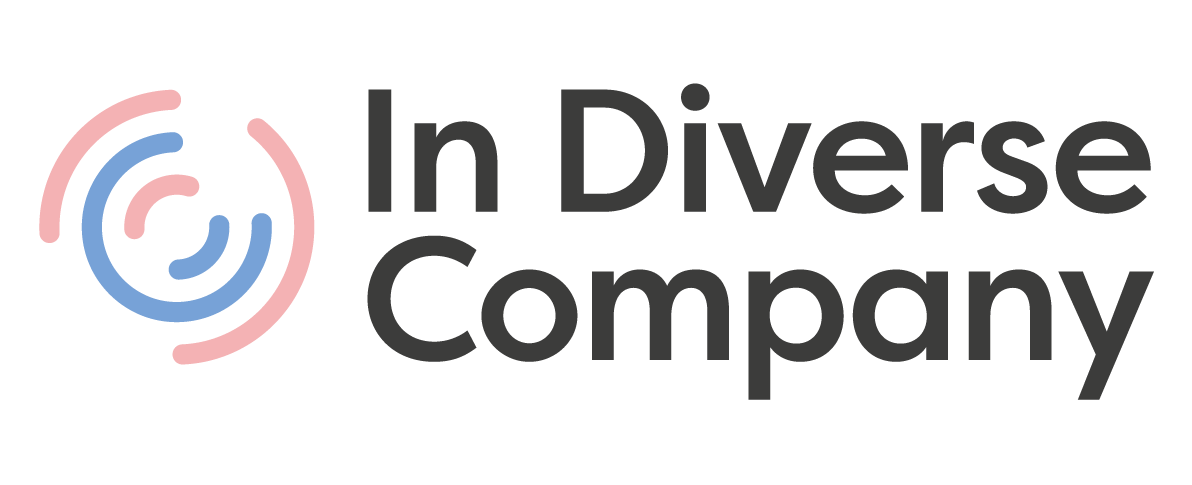National ‘Train your brain’ day takes place on Oct 13th every year. Its purpose is to communicate the message about the importance of keeping your brain active. It is believed that exercising your brain holds illnesses such as Dementia and Alzheimer’s at bay(1). Exercising your brain also expands its capacity and therefore enables us to remember, recall and use the information we hold more effectively(1).
When we consider this information in conjunction with the fact that our brain is at its optimum performance between the ages of 16 – 22, and then goes into cognitive decline, there is a strong argument to take action to keep our brains active by exercising them to keep them in peak performance, in the same way that we do (or should!) with our bodies. And whilst mentioning physical exercise, there is also contributing research linking physical activity and the health benefits related to our brains in terms of good mental health(2, 3). As the saying goes ‘use it or lose it’.
The advice to regularly engage in activities such as quizzes, crosswords, world-searches etc. is all good. However, learning something new is also seen as an excellent way of keeping the brain in great shape, and we would argue that exercising a brain to both keep it healthy as well as learn something useful is an added advantage.
At In Diverse Company we have been researching and thinking about how people best learn. But we want people to go beyond this. Learning is just the first step and we are determined to help people also retain this learning and change their behaviours and approaches as a result. We have been looking at this in relation to both core organisational skills and learning that affects behaviours leading to organisational culture change. We have a very keen interest in people’s psychological drivers around learning and the cognitive ability to retain knowledge and think about how this relates to the way we help people learn.
We believe that a common approach for all types of learning doesn’t work and have been thinking about the different requirements for learning related to behaviour change and learning related to developing skills. This has led us to work with a differentiated approach.
For learning related to behaviour change, we know that the traditional 1 or 2-day programmes taking individuals out of their organisations to immerse them in theories and models has very limited and short term impact and we have made the decision, we will not deliver this learning model as part of our business practise. Instead, we have developed an approach to better suit the way the brain works when needing to understand and change behaviours. From a brain science point of view, behaviour change needs to take place in the basal ganglia area of the brain. This is where gradual and incremental change is understood that enables us to develop appropriate behaviours. Learning in this system is active, it involves learning by doing, and repetition. We have therefore developed our behavioural change programmes so that learning happens gradually, using a range of approaches that address peoples understanding and engagement at both an emotional and practical level.
Our behaviour change programmes take place over a minimum of three months, using a range of approaches and focusing on the team rather than individual learning as we know that this generates more movement. We also use the idea of identifying habits that we want people to focus on within the behaviours. We focus on one habit at a time, taking note of the three phases of behaviour change; the ‘honeymoon period’, the ‘fight through’ and the ‘second nature’ as detailed in the Forbes article ‘Habit Formation, the 21 day myth’ (Jason Selk, Forbes, 2019)(4). This allows the brain to experience levels of curiosity, discomfort, clarity and resolve at a rate that maximises commitment and determination to the new habits.
However, when it comes to learning for developing new skills it is quite a different picture. When the brain needs to learn a practical skill, it uses the part of the brain called the limbic system using the prefrontal cortex and the medial temporal lobes. Put simply, this means that we use different parts of our brains for different types of learning.
For skills learning, we need to work on memory to store and process information in the interest of transferring it into long-term memory storage. Learning in this system requires intense cognitive effort, but can be relatively passive, it involves observing and learning by reading or watching, and rehearsing the information mentally(5).
Therefore, we have developed our skills programmes using a micro-learning approach which suits learning using the limbic system. This involves selections of short learning inputs, curated and connected to help learners digest exactly what is needed in a concise and memorable way. We include formative and summative assessment as a way of helping the learner secure their understanding and have confidence in their learning. And to ‘rehearse’ the learning, we complete all skills programmes by suggesting how to apply this learning in practice to ‘make it stick’.
For this year’s ‘Train your Brain’ day, we encourage you to think about learning that will help keep your brain mentally agile. This might include something quick and accessible such as sudoku or crossword, but why not use the opportunity to secure a piece of learning that will help you either develop a new habit or skill. When doing this, think about the way your brain will best receive and retain this. That way you will be exercising your brain with something useful to apply at the end of each activity.
References
- https://www.nhs.uk/conditions/alzheimers-disease/prevention/
- https://www.psychologytoday.com/us/blog/the-human-beast/201901/the-brain-benefits-exercise
- https://www.health.harvard.edu/blog/regular-exercise-changes-brain-improve-memory-thinking-skills-201404097110
- https://www.forbes.com/sites/jasonselk/2013/04/15/habit-formation-the-21-day-myth/#399c8e97debc
- https://medium.com/digital-surgery/emotion-cognition-behavior-and-the-brain-science-of-learning-d1ec1233b95f




